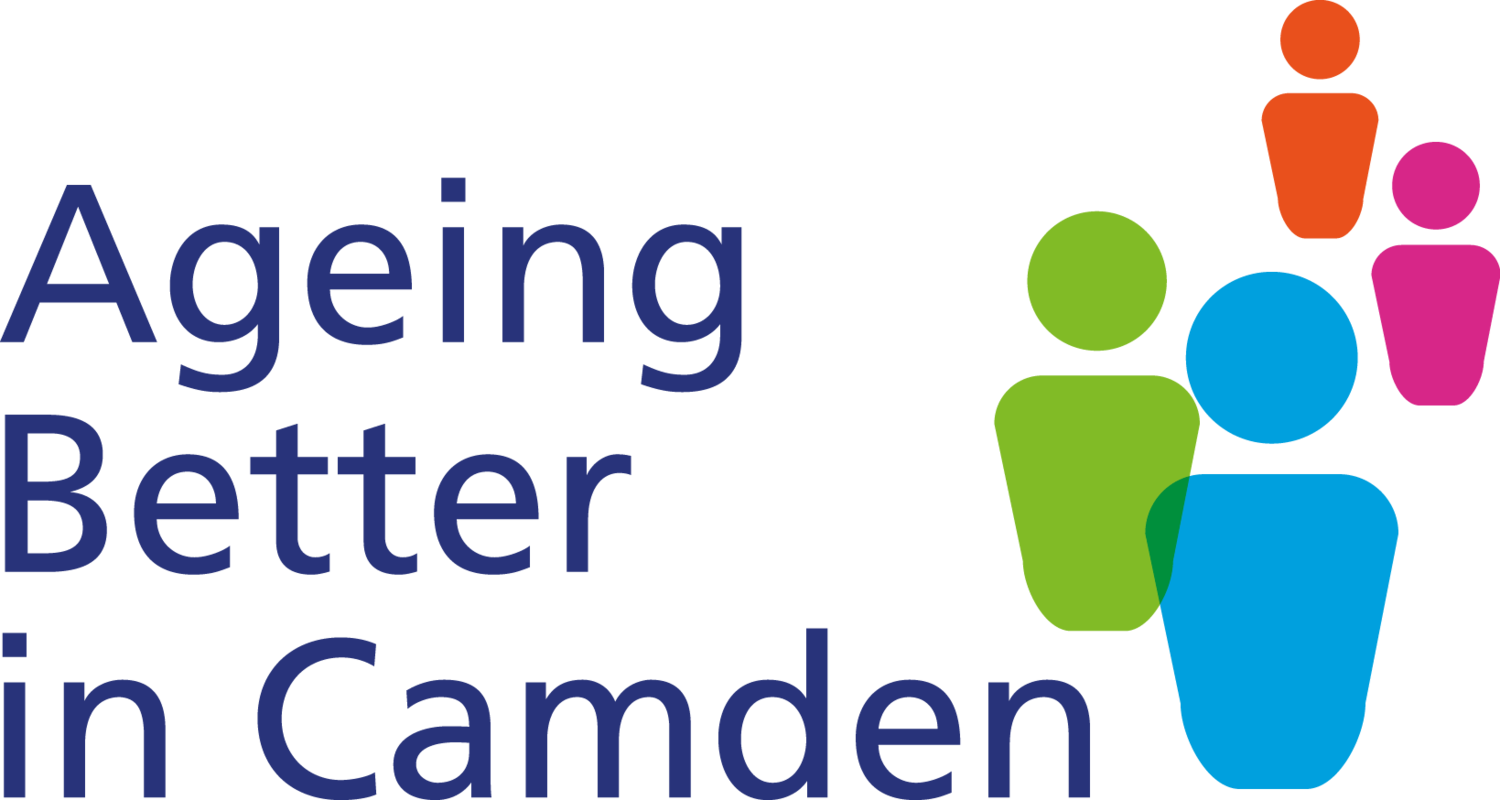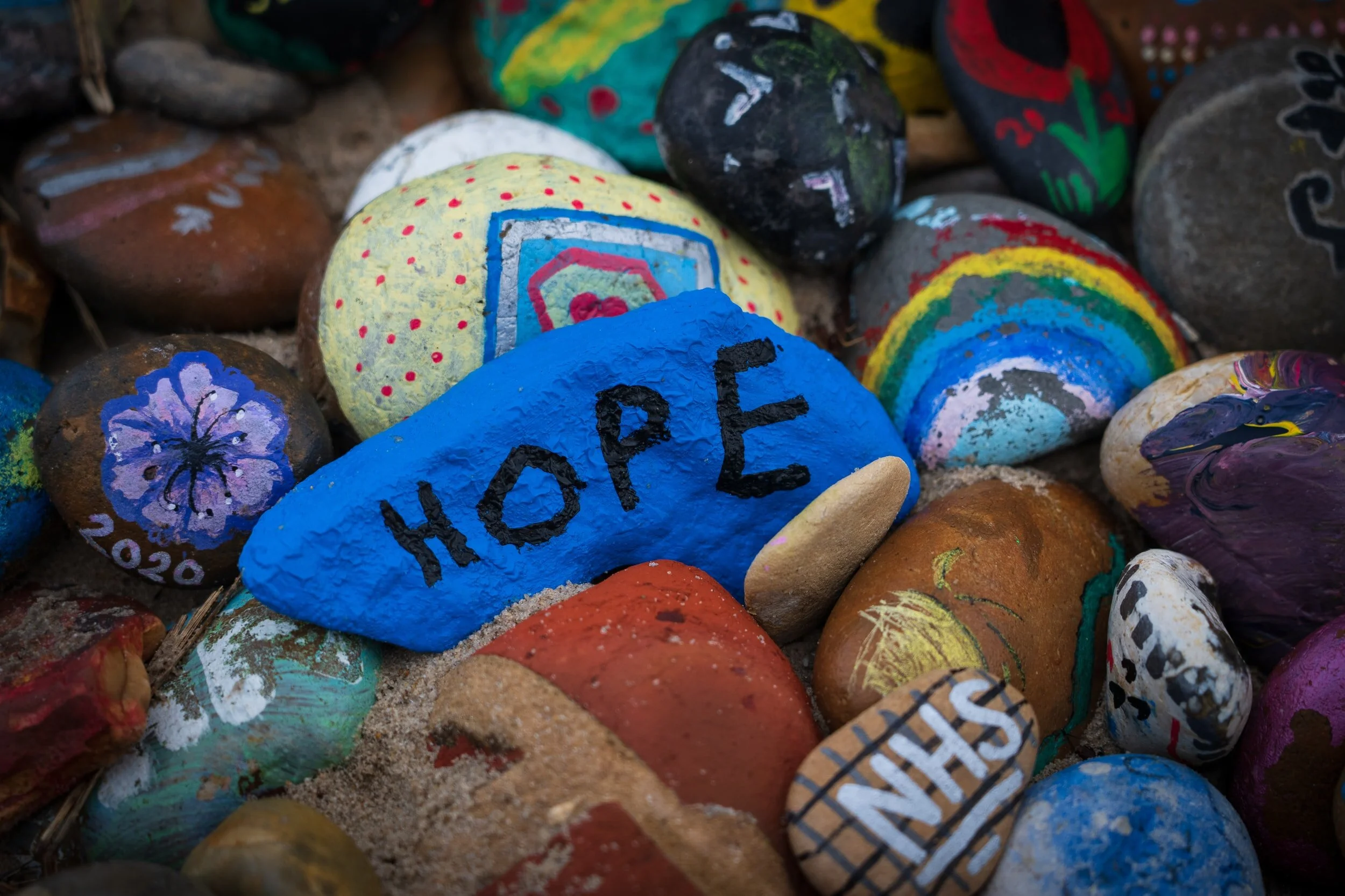Ageing Better in Camden commissioned the BAME Community Action Project in 2018 to ensure that a number of very small BAME community-based groups were able to benefit from the ABC programme.
We worked with Voluntary Action Camden to enable local groups to come together to look at how this might be most effective, and that work led to seven groups forming a partnership to work together to support isolated older people in the area.
The partnership is led by Hopscotch Women’s Centre and Umoja (formerly known as the African Health Forum), working with African Physical Training Organisation (APTO), The Cornerstone Parish, Ethiopian Welfare Association, Light for Nations Mission, Women’s Voices and South Sudan Women’s Skills Development.
The partners have been successful in introducing a range of social and wellbeing activities, building links and shared learning amongst the partners and their members.
Here, Chikwaba Oduka, who leads the programme, writes about how they have been supporting minoritised communities during the Covid-19 pandemic.
Supporting communities during lockdown
Many of our members had to shield under the Government’s Covid-19 guidance, making it difficult for them to pay bills, go shopping or arrange health and welfare appointments. Before lockdown, members shopped in specialist food shops to purchase African ingredients. During shielding, we provided cooked meals, packed in containers to store in the fridge or freezer, and provided referrals to food banks.
The BAME partnership relies on volunteers to carry out home visits and organise social activities. Some of these have been service users themselves. Over 50% were forced to shield due to age or having high risk health conditions, putting a significant strain on how we deliver our services.
Many of our members have limited IT skills and lack the confidence to use computers for online shopping, banking, paying utility bills or keeping in touch with friends and family.
With limited face to face contact, we relied on telephone calls and digital platforms like WhatsApp and video calls to keep in touch. For those at home with no family or friends visiting, the BAME partnership has been a lifeline, helping to break the loneliness and isolation.
Jo, 70, said “I am so grateful for the volunteers and staff who worked tirelessly, delivering delicious and healthy cooked meals, collecting and dropping my medication, paying my bills and above all a telephone call just to say ‘Hello and how are you?’”
Supporting people out of lockdown
We have started to provide health initiatives that will contribute to the healing of the local over 50s BAME groups. We have started a fortnightly walking group carried out by trained leaders, aimed at increasing fitness, reducing obesity, improving mental health and providing an opportunity to socialise.
It has not been easy because people were indoors for some time, so there is slight resistance to coming out. Some members went back to old habits including not exercising or eating healthily. Some developed further complications with existing health issues, or from contracting Covid-19.
Others are simply afraid they’ll catch the virus if they go out.
Miss J lost her only daughter to illness and misses her friends and family in Ethiopia. She is extremely grateful for the support she has received from Umoja and said, “You have become my adopted children, without your support I am not sure what would have become of me, I am alone in this country. Thank you for helping me!”
Supporting the NHS Covid-19 vaccination programme
Following the lockdown in 2020, many of our members were left in a state of confusion. They started receiving information about Covid-19 via social media, including information against taking the Covid-19 vaccinations. Infection rates started increasing and unfortunately causing death in BAME communities, however very few are accessing the vaccines due to the information they have received causing fear of the vaccines.
Our aim was to carry out research with people from the BAME communities, especially those from the African backgrounds. We also offered opportunities for people to address their fears and concerns around why they are hesitant to take the Covid-19 vaccinations. Using volunteers (some of whom are leaders in the community) we encouraged our members to make informed decisions about the vaccinations.
We provided facts on Covid-19 and took note of their concerns and fears through:
1 to 1 telephone conversations.
Discussions in groups, pairs, 1 to 1 Video calls via WhatsApp, FaceTime, and other available means on social media.
A small number of people were visited at home if necessary, with adhering to government regulations on Covid-19, e.g. PPE and social distancing.
Small group discussions (up to 6 people) addressing some of the information circulating on social media in a safe space and in the languages they understand.
Making referrals to Covid-19 services including testing and vaccination centres, where they could also get their questions answered by a professional.
Thomas, aged 69, who took part in this work said, “I am happy I had the vaccine; mentally I felt relieved and protected. Please don’t be a victim of social media, think about your health, your loved ones and those around you. Spread the word that the vaccine is safe”.
In the future
We plan to reinstate the full programme of activities as before the Covid-19 pandemic. This includes cooking African food; a fortnightly meeting of cooking healthy food, eating and sharing. A nutritionist will inform members of the best ingredients for optimum health.
Art sessions with a qualified artist will help members express themselves, and to bring their feelings out in their art. An experienced crafts teacher will come to teach craft sessions. Crafts are well known for aiding mental health as well as learning or improving skills. It can bring great satisfaction and even business opportunities. Sewing and knitting will be held every two weeks with a trained teacher. Members will learn how to make bags, masks, to mend clothes, and knit sweaters.
We will continue our fortnightly Tea and Coffee Mornings. As well as having general discussions, we will invite speakers from varied disciplines to inform the groups. We will have themed sessions with a speaker on different topics after consulting the participants.

